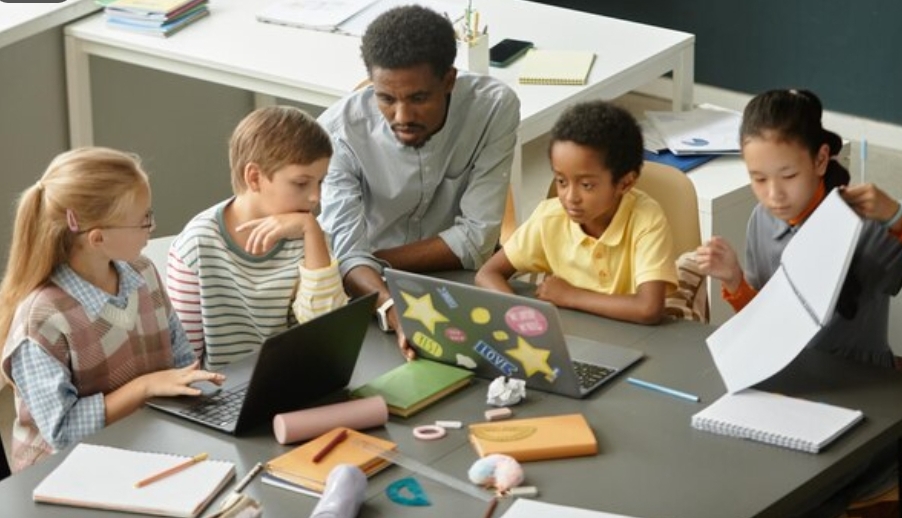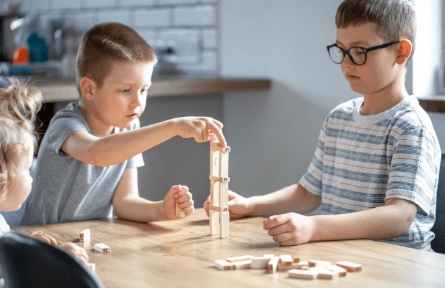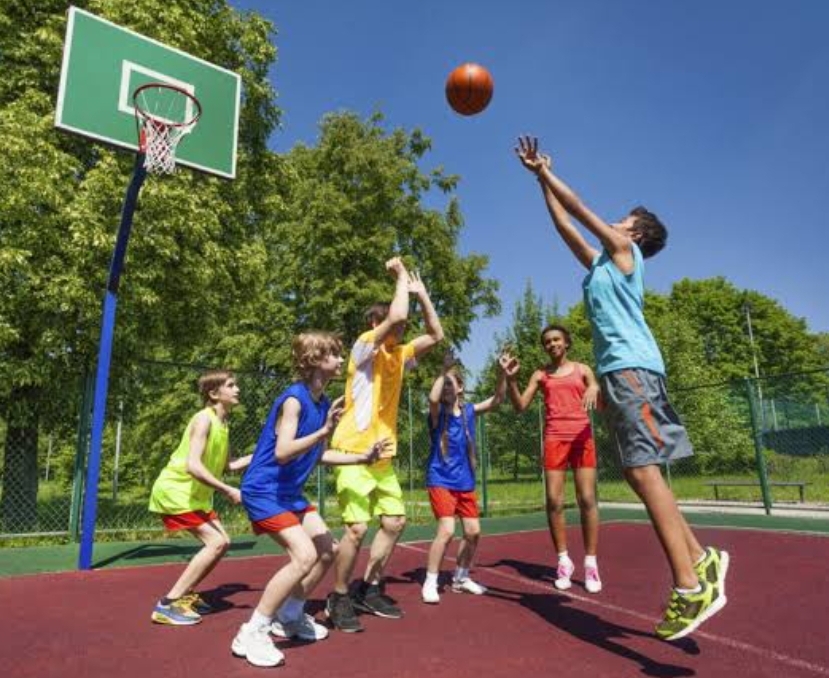
We’ve all been there. You spend hours crafting the perfect lesson plan, a masterpiece of pedagogy that will leave your students in awe. You enter the classroom, brimming with confidence, ready to ignite a spark of curiosity. Then, bam. The projector goes kaput, your meticulously crafted experiment takes a nosedive, or your carefully chosen metaphor leaves your students utterly bewildered. Cue the sinking feeling in your stomach and the silent scream echoing in your head: “Did I just BOMB this lesson?!”
The Case of the Exploding Volcano (and Ms. Johnson’s Dignity)
Let’s meet Ms. Johnson, a third-grade teacher with a heart of gold and a penchant for volcano simulations. For weeks, her class has been eagerly learning about volcanoes. The grand finale? A thrilling baking soda and vinegar eruption! Ms. Johnson envisions gasps of awe and enthusiastic questions about plate tectonics. Reality, however, has other plans. As Ms. Johnson proudly unveils her meticulously constructed volcano model (complete with vibrantly colored construction paper and strategically placed glitter), a mischievous glint appears in a student’s eye. Before Ms. Johnson can react, a rogue water bottle joins the equation. The baking soda volcano erupts prematurely, spewing a foamy, vinegar-scented geyser all over Ms. Johnson’s carefully chosen outfit (because, let’s face it, even passionate educators have their fashion moments). The classroom erupts in a cacophony of giggles and gasps, a mix of surprise and amusement. Ms. Johnson, initially flustered, can’t help but crack a smile. This wasn’t exactly the awe-inspiring eruption she envisioned, but hey, at least it was memorable!
From Fizzled Volcano to Flourishing Reflection
Instead of letting the “exploding volcano incident” define the lesson, Ms. Johnson uses it as a springboard for reflection. Sure, the experiment didn’t go exactly as planned, but her students were undeniably engaged. They were asking questions, eager to understand the science behind the (slightly messy) eruption. Ms. Johnson takes a deep breath and gathers her composure. With a touch of humor (because sometimes laughter is the best medicine), she addresses the elephant in the room (or rather, the vinegar-soaked volcano on the desk). She uses the “incident” to discuss the unpredictable nature of experiments and the importance of adapting when things don’t go according to plan.
The Phoenix Rises (With a Slightly More Modest Volcano Model)
The next day, Ms. Johnson returns to the classroom, not defeated, but empowered. She revisits the volcano lesson, opting for a slightly less “explosive” approach (think baking soda and dish soap for a gentler eruption). This time, she incorporates student suggestions for safety measures (because let’s be honest, a little student input never hurt anyone). The revised lesson is a success! Students are actively involved, asking questions, and demonstrating a deeper understanding of volcanoes. Ms. Johnson, the (slightly less foamy) phoenix, emerges from the ashes of the “exploding volcano incident” a more resourceful and adaptable educator.
Why Learning from Failure Makes You a Superhero Teacher
Ms. Johnson’s story is a testament to the transformative power of learning from failure. Here’s why embracing those “oops” moments makes you a superhero teacher:
Resilience is Your Cape: Educators who learn from setbacks develop a growth mindset, understanding that challenges are stepping stones to improvement. You don’t crumble under pressure; you bounce back stronger and more resourceful!
Creativity is Your Secret Weapon: When faced with unexpected situations, you’re forced to think on your feet and come up with creative solutions. Think of it as flexing your improvisation muscles – a vital skill for any superhero (or educator)!
Engagement is Your Superpower: By openly discussing your own learning journeys, you create a safe space for students to embrace challenges. They see you as a human who makes mistakes, just like them, and that’s okay! This fosters a culture of growth and resilience in the classroom.
Collaboration is Your Ally: Sharing your experiences with fellow educators allows you to learn from each other’s “failures” and support each other’s growth journeys. Remember, no superhero goes it alone – they have a team (or a faculty lounge full of amazing colleagues)!
So, the next time your lesson plan goes awry, take a deep breath, channel your inner Ms. Johnson, and remember: failure is not the opposite of success, it’s part of the journey.
Share Your Battle Wounds (and Wisdom) – The Comments Section Awaits!
Let’s create a space where educators can shed the capes and share their real, sometimes messy, experiences! Did your meticulously crafted claymation project on the solar system crumble before your students’ very eyes? Did your attempt to explain metaphors using pop culture references leave your teenagers utterly bewildered? We’ve all been there. Now’s your chance to unleash your inner battle cries (and lessons learned) in the comments below.
Here are some prompts to get the hilarious war stories flowing:
The Great (Insert Experiment Gone Wrong Here) Debacle: Share your most epic classroom fail! The funnier, the better (well, as long as no one got hurt!).
From Flop to Triumph: How did you transform a lesson gone wrong into a valuable learning experience?
Laughter is the Best Medicine: Did a teaching mishap lead to an unexpectedly funny moment? Share the giggles (and the takeaways)!
The Wisdom of Failure: What did you learn from your biggest “oops” moment in the classroom?
Remember, educators are warriors on the frontlines of knowledge. We battle boredom, confusion, and sometimes, even exploding volcanoes. But through it all, we learn, we adapt, and we emerge stronger, funnier, and even more passionate about inspiring our students. So, share your stories, both triumphant and hilarious, and let’s build a community of superhero educators who are lifelong learners, embracing the occasional “teaching fail” as a chance to ignite a passion for learning in ourselves and our students!









